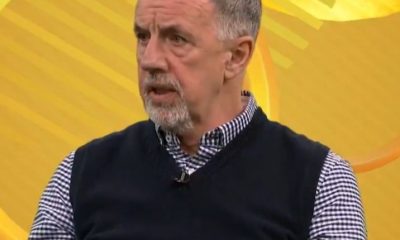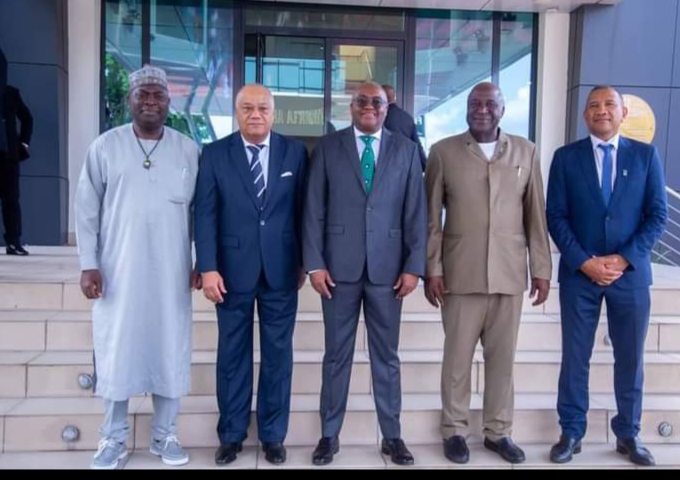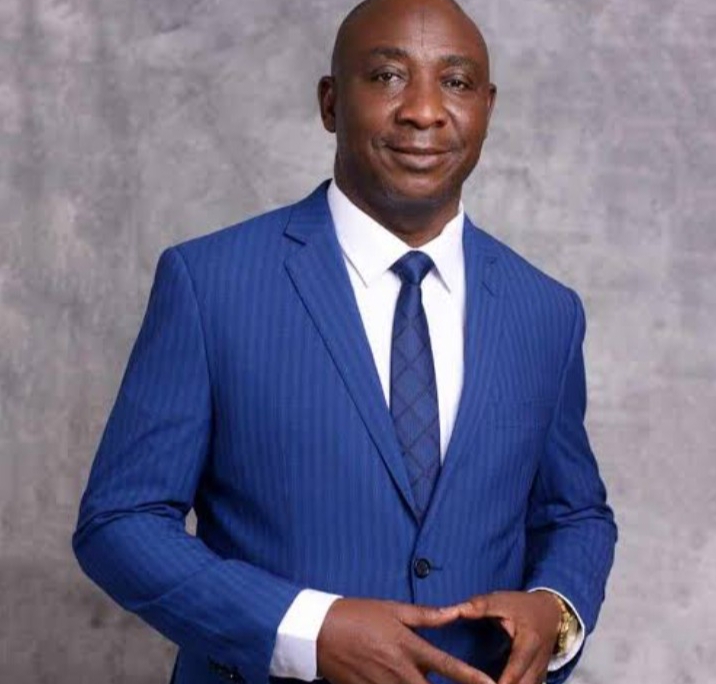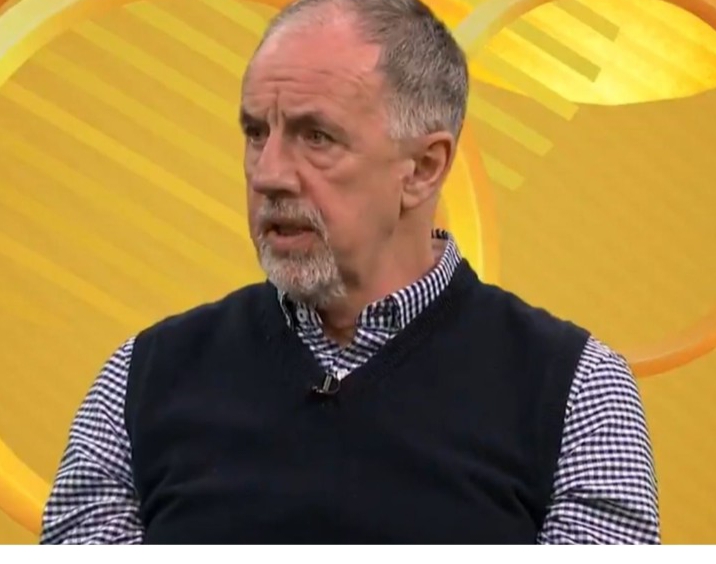News
Colombia 2024: Four countries qualify for Quarter final

News
EPL:Tottenham Humiliate Manchester City with Stunning 4-0 Victory in Premier League Clash
News
FIBA Africa gives more responsibilities to the Zones
News
FIBA Africa gives more responsibilities to the Zones…Confirms host of Afrobasket men and women events…Madagascar’s Jean Michel appointed as Vice
News
NFF President, Gusau, elected 1st Vice President of WAFU B
News
Mark Lawrenson Predicts Premier League Results for the Weekend Fixtures
News
Nigeria’s Super Falcons Drawn Against Tunisia, Algeria, and Botswana in Group B of 2024 WAFCON
-
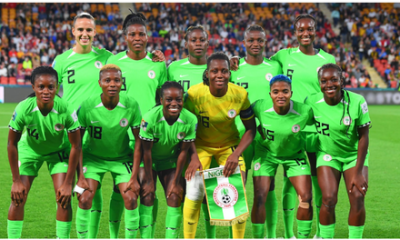
 News18 hours ago
News18 hours agoNigeria’s Super Falcons Drawn Against Tunisia, Algeria, and Botswana in Group B of 2024 WAFCON
-
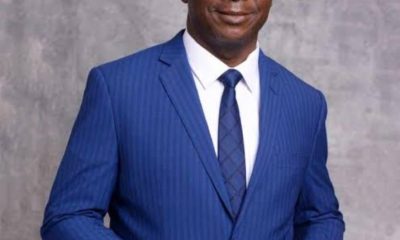
 News18 hours ago
News18 hours agoNFF President, Gusau, elected 1st Vice President of WAFU B
-
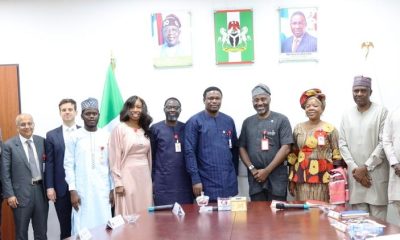
 News18 hours ago
News18 hours agoEFCC warns banks against fraudulent practices
-

 News18 hours ago
News18 hours agoAgain, Naira gains massively against the US Dollars
-
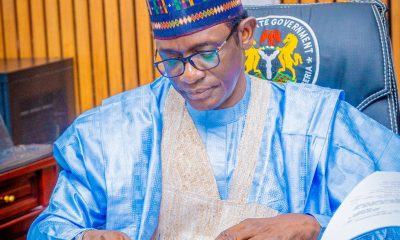
 Metro8 hours ago
Metro8 hours agoYobe approves N70,000 minimum wage for workers
-
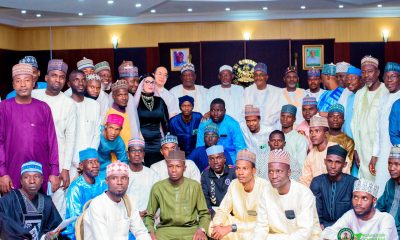
 Education17 hours ago
Education17 hours agoJigawa sponsors 30 Engineering graduates to China
-

 News5 hours ago
News5 hours agoEPL:Tottenham Humiliate Manchester City with Stunning 4-0 Victory in Premier League Clash
-
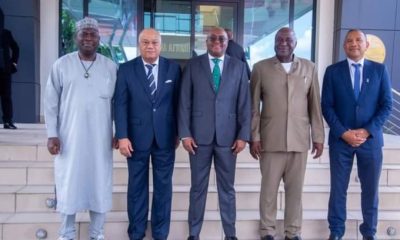
 News11 hours ago
News11 hours agoFIBA Africa gives more responsibilities to the Zones…Confirms host of Afrobasket men and women events…Madagascar’s Jean Michel appointed as Vice
-

 News8 hours ago
News8 hours agoFIBA Africa gives more responsibilities to the Zones
-

 Metro15 hours ago
Metro15 hours agoNigeria sharia police to raid betting shops after court ruling


